Sustainable efforts bear fruit for Cambodian distiller Seekers Spirits
A liqueur made from these discarded cashew apples helps address national waste concerns and provides an additional revenue stream for local farmers.
10 November 2024
Share this exclusive content from Saladplate
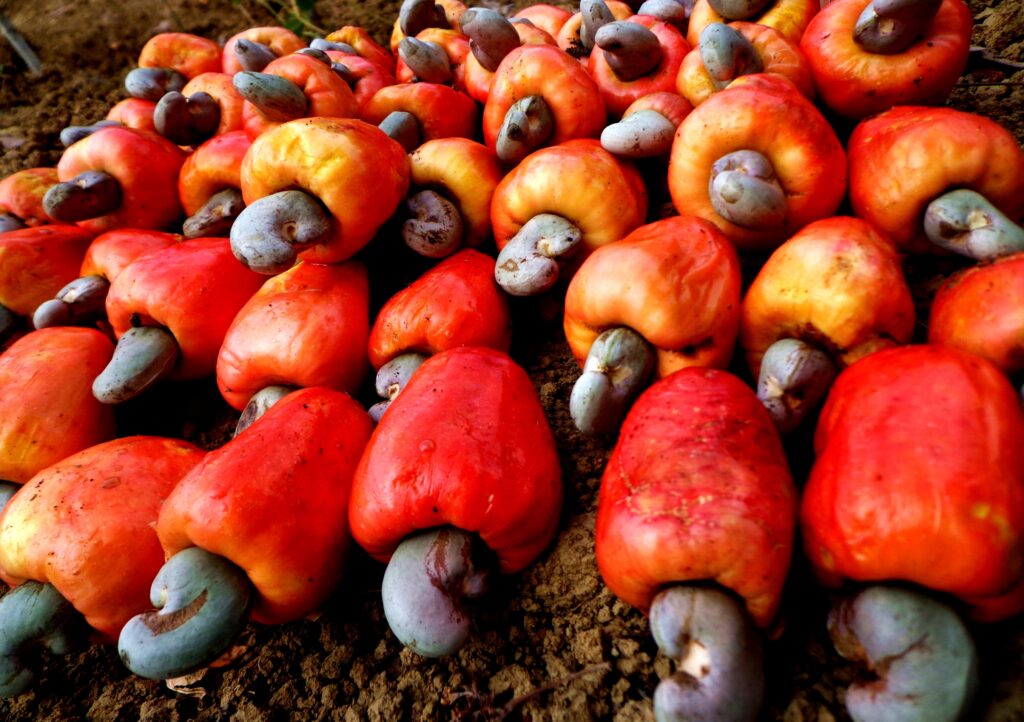
Photo Credit: Seekers Spirits
Cashew nuts are a big business in Cambodia.
According to the Cashew Nut Association of Cambodia, in the first eight months of 2024, 560,000 tonnes were exported.
But export success leads to an increase in organic waste, created from the cashew apple, the reddish fruit from which the nut grows, which is left to rot after harvest.
A new liqueur made from these discarded cashew apples not only adds to the portfolio of local, artisanal distiller Seekers Spirits, but it also helps address national waste concerns and provides an additional revenue stream for local farmers.
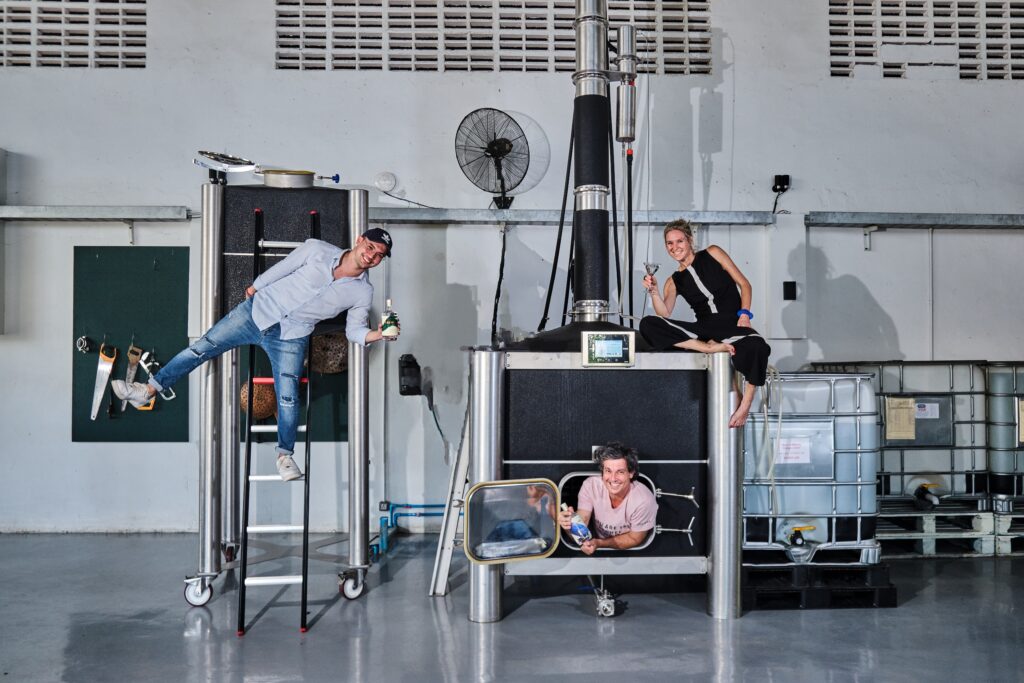
Photo credit: Seekers Spirits
“I think that’s what’s particularly exciting about it — because it’s really just a waste product,” said Tania Unsworth, co-founder of Seekers, one of a handful of distilleries in Cambodia.
“We knew that the fruit existed, and we were always curious if you could do anything with it. We found something called Feni, which is made in Goa from cashew apples, but it doesn’t seem to exist outside of there, so that’s why we decided to explore that.”
A chance conversation led to research becoming a reality. “I met with Sabine Joukes, who heads up the United States Agency for International Development Moroto Baitang project, which supports deforestation-free cashew farming in Ratanakiri. I mentioned we are always looking for potential new ingredients that also have some sustainable benefit and can help farming communities in Cambodia.”
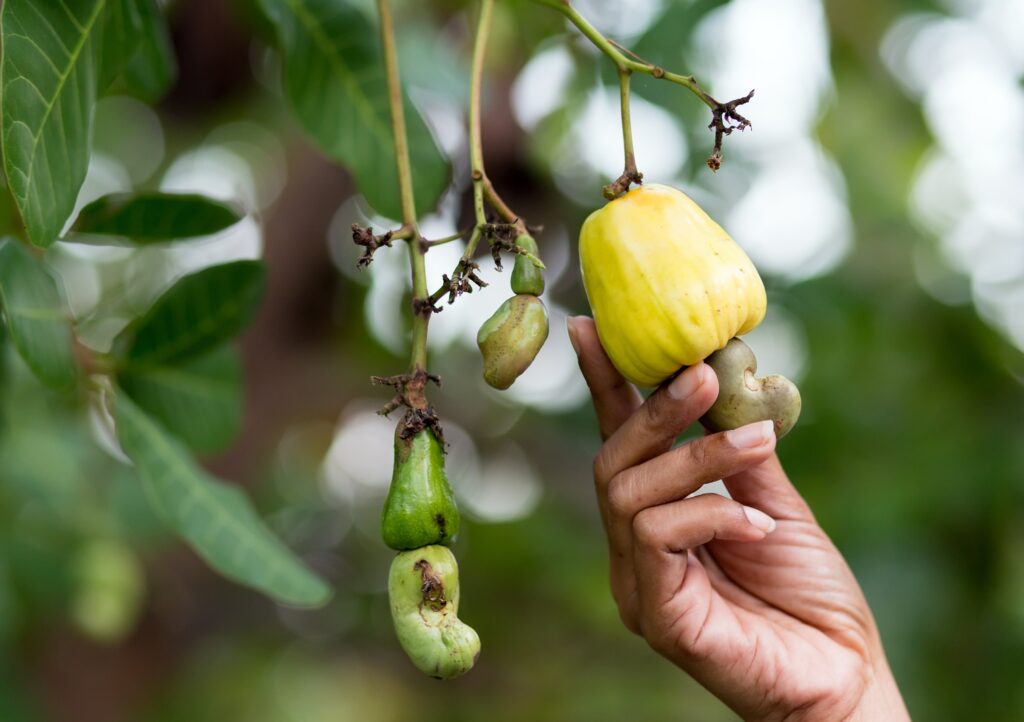
Photo credit: Seekers Spirits
“One of the issues with cashew farming is, because it has such high value, it has also led to quite a lot of deforestation. Projects like these are trying to protect the forests and support farming communities who are committed not to encroach further, helping them increase the value of their farms, improve the cashew farming process or introduce them to new customers.”
The short cashew season runs from January to April. Seekers spent the 2023 harvest on R&D and figuring out which farming communities they should work with.
Getting the fruit quickly to the distillery is key. “We were getting it sent down to us fresh, which was challenging because it meant that the farmers needed to pick the fruit up before it rotted and get it down to us in iceboxes.”
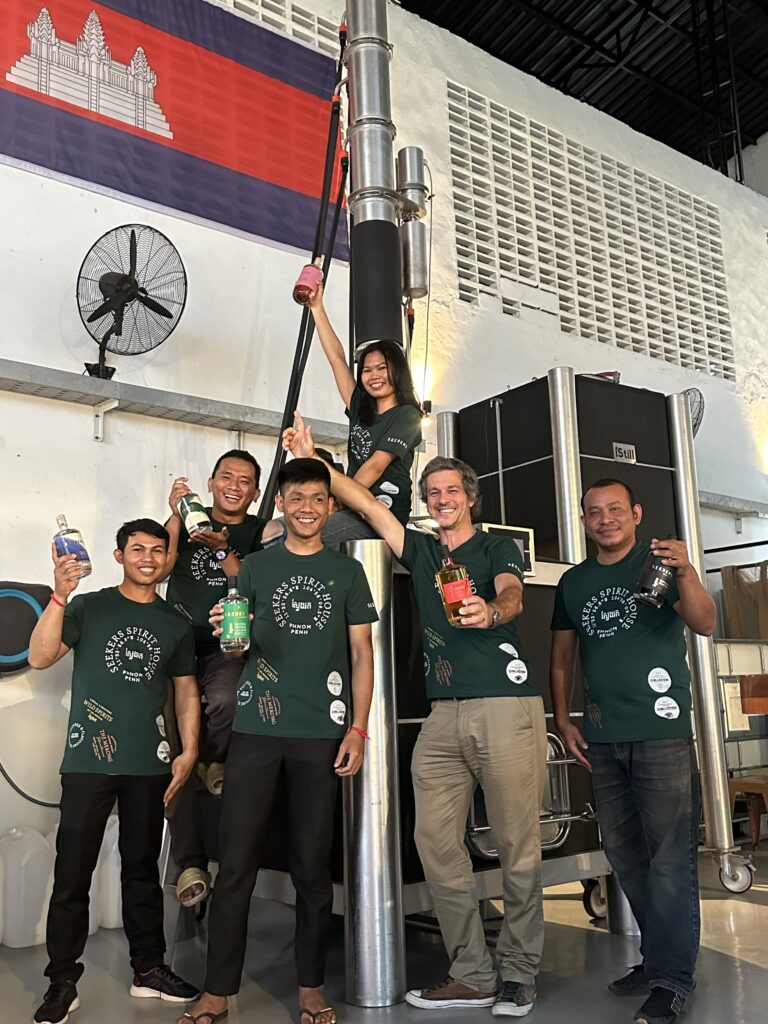
Photo Credit: Seekers Spirits
“These communities are at the other end of the country, and so it was coming down in buses and on the back of people’s motorbikes, a six- or seven-hour drive away,” explains Tania.
“We started exploring with USAID whether the farmers could do some of the drying process for us. And they invested in a drying machine for the farming community where we source.”
“First we made it into a brandy, but it’s quite strong, so we thought that the first entry into the market should be something a little more accessible, so we sweetened it and made it into a liqueur.”
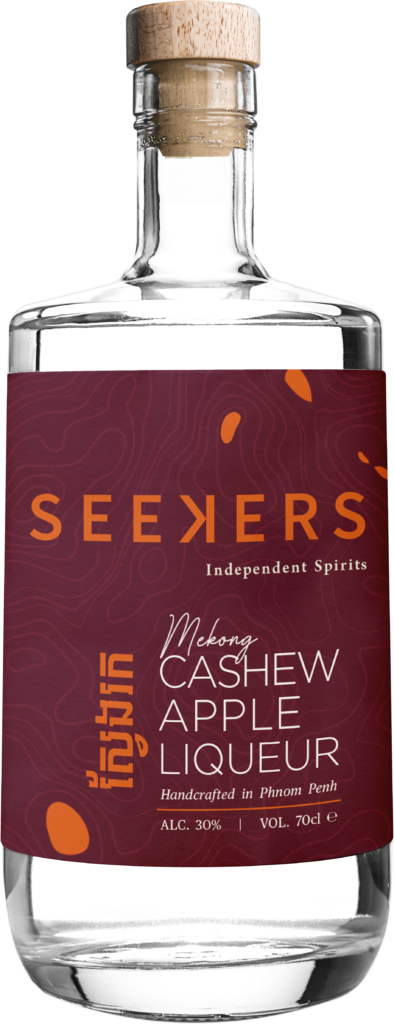
Photo credit: ColdSnap
“We got about 100 litres of the finished liqueur. Then we were approached by a business called Mekong Strategic Capital, who were holding their anniversary party. They happen to be the technical advisors on the Morodok Baitang project. When they discovered we had created a product using ingredients from the farms they’re supporting, they loved the fact that they were able to demonstrate that full circle initiative.”
Seekers is known for its exciting twists on local ingredients, recently ranking highly at the SOCraft Awards, a global competition for independent craft spirit distillers, with their purple butterfly pea-hued Gin, titled Jason Kong made with native rose-apple and cassia bark.
Now they have another opportunity to make a difference. “We’ve been approached to create a product that would support the communities that are dependent on Cambodia’s mangroves and wetlands and help shine a light on the conservation issues,” says Tania. “We were actually down in the mangroves just a couple of weeks ago looking at potential botanicals and ingredients.”
Having a story of where those ingredients come from and the impact that a bottle of spirits could make, is an exciting prospect for the company. “We will just make sure that we can tell that story as well as possible,” adds Tania.

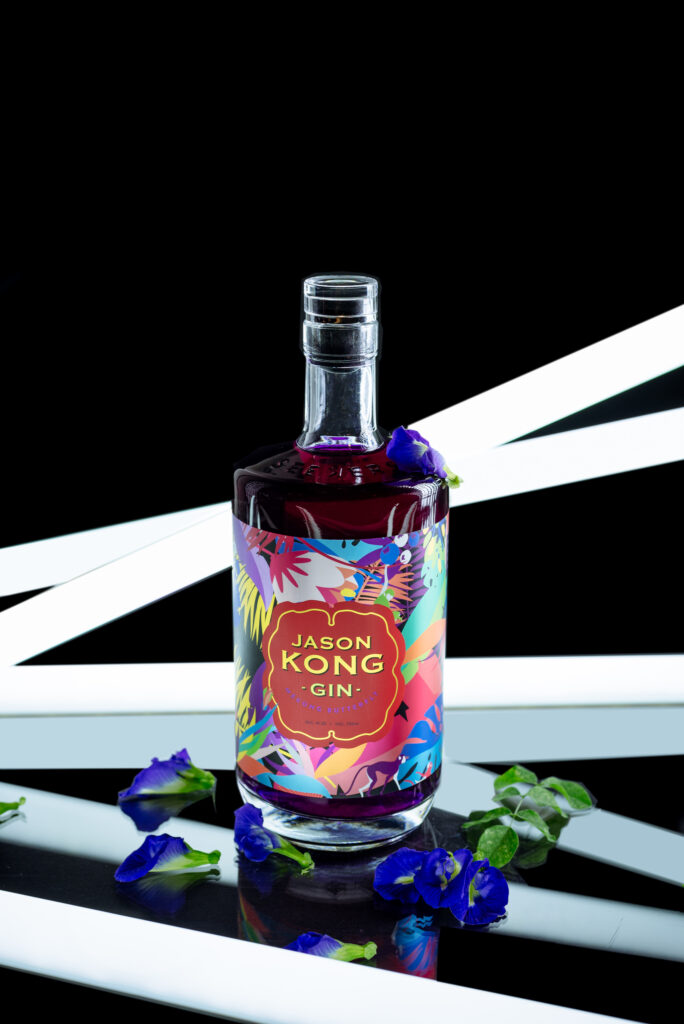
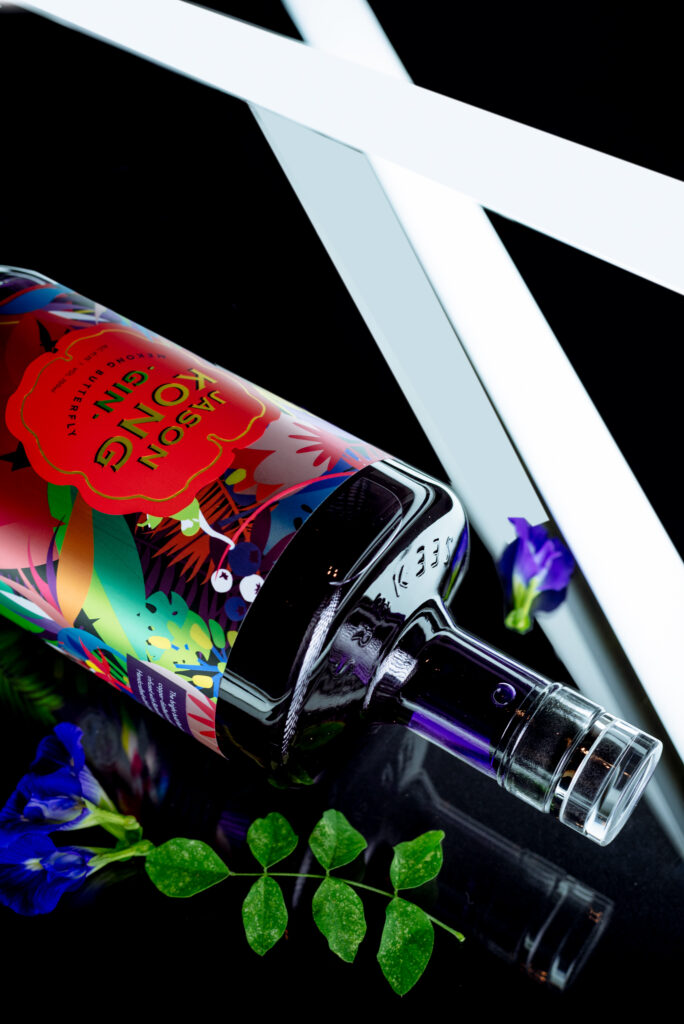
Photo credit: Seekers Spirits
Author: Alison Marshall
Alison Marshall is a seasoned journalist, writer, and editor with over 30 years of experience in print and digital media across global markets covering sectors from hospitality to finance. A Brit by birth she has lived in Singapore since 2008, a country which continues to fascinate. In her free time, she enjoys cooking and cocktails and loves a local market wherever she travels.



